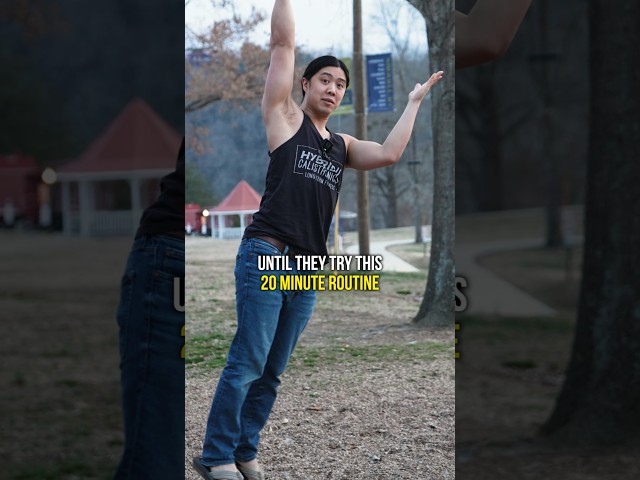Building resilience is a cornerstone of effective training and overall fitness success. It’s not just about the physical capabilities but also mental strength that allows athletes and fitness enthusiasts to push through challenging workouts and recover faster.
Resilience: The Critical Aspect of Training
Resilience can be the defining factor that helps you persist through tough times and emerge stronger. But what if there’s a trick that could boost your resilience? Let’s delve into one simple yet powerful approach that can enhance your ability to withstand the rigors of training.
The Trick: Incorporating Mindfulness into Your Regimen
Adopting mindfulness practices as part of your workout routine can be the game-changer in enhancing your resilience. Mindfulness is often associated with stress reduction and mental clarity, but its benefits extend far into the realm of physical training. By focusing on the present moment and being aware of your body’s sensations, you can increase your capacity to handle fatigue and discomfort, thereby enhancing your performance and recovery.
Why Mindfulness Works
At the core of its effectiveness, mindfulness training elevates self-awareness and emotional regulation. This, in turn, can help reduce anxiety levels and aggressive responses to stressors. Scientific studies have shown that consistent mindfulness practice can lead to changes in brain regions associated with attention, emotion regulation, and body awareness—all crucial components for resilience in training. Moreover, mindfulness encourages a state of flow, where you’re fully engaged and immersed in the activity, often leading to better performance outcomes.
Integrating Mindfulness into Training
Incorporating mindfulness doesn’t require large chunks of time or elaborate rituals. Here are some practical ways to weave mindfulness into your training:
- Mindful Breathing: Begin or end your workout with a few minutes of deep, focused breathing. This helps center your mind and lowers stress levels, preparing you to tackle your workout with greater focus.
- Body Scans: During your training, perform a quick scan of your body from head to toe. Acknowledge any areas of tension or discomfort and adjust your movements or mindset accordingly.
- Single-Task Focus: During exercises, focus entirely on the movement at hand. Pay attention to how your body feels, the way your muscles contract, and your breathing pattern. This awareness not only improves form but also cultivates discipline and resilience.
- Reflective Practice: After your workout, take a moment to reflect on the session. Consider what went well and what could be improved, without judgment. This helps in cultivating a growth mindset.
Real-Life Benefits of Mindfulness in Training
Mindfulness not only transforms individual workouts but can lead to substantial long-term benefits. Athletes who integrate mindfulness report improved concentration, reduced injury rates, and enhanced immune system function. It can also help prevent overtraining by making athletes more attuned to their body’s needs, allowing for necessary rest and introspection.
Furthermore, mindfulness enhances recovery by reducing post-workout soreness and improving sleep patterns, which are vital for muscle repair and energy restoration. Many top athletes and trainers now include mindfulness techniques in their regimens to optimize both mental and physical health.
Enhancing Mental Toughness With Mindfulness
Mental resilience is often as important as physical endurance, if not more so. Mindfulness cultivates equanimity—the ability to remain calm and composed even in the face of adversity. This mental toughness can make all the difference during competitive events or intense training sessions where the mind may be tempted to give up before the body does.
By adopting mindfulness, you’re not just preparing your body for the physical demands of training but also fortifying your mind against doubt and negativity. Over time, mindfulness practices become a part of how you respond to all aspects of life’s challenges, rounding out a holistic approach to building resilience.











Discussion about this post